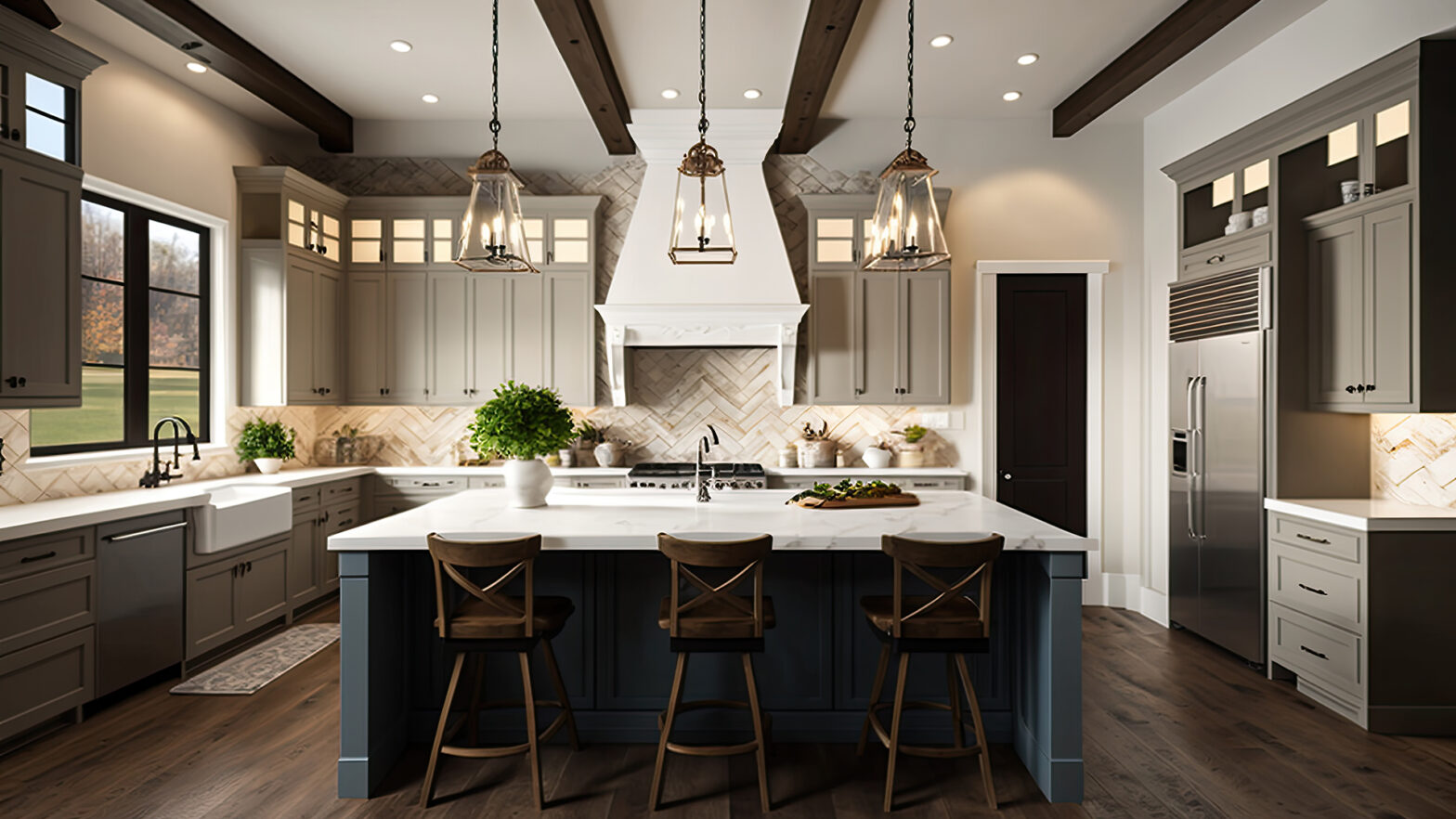80% of UK properties are underinsured – here’s why cutting costs now could cost you far more than you bargained for!
‘Home insurance’ can come in three forms: contents insurance to cover the items within your home, buildings insurance to cover the build itself, or it can be cover that contains both of those elements.
The cost-of-living crisis may also mean that some are having to consider cutting costs, reducing cover, or worse, cancelling cover entirely. Insurance experts A-Plan Insurance guide you through why now is not the time to cut corners on your contents insurance and offer some advice on how to stay protected.
The purpose of home buildings and contents insurance is to provide homeowners with cover for unexpected and potentially costly situations. This could be anything from storm damage or fire, theft of possessions, accidental damage from an escape of water, a fallen tree or subsidence. These costs can reach into hundreds of thousands of pounds, and if your insurance denies your claim, you are unlikely to be able to restore your home as you hoped.
While most of us are covered if anything happens, in the UK it is estimated that a quarter of Brits are not. And many may still be paying the monthly or annual premium. We would like to offer some advice on how to stay protected, and who to talk to if you need to check your existing cover is overpriced, or underinsured!
While cancellations, degradation, excess levels, and not being sure what is and isn’t covered plays a large part in your home or buildings claim not being paid out, in this blog we tackle one big issue: underinsurance.
A new study from AXA reveals that the average UK home contains nearly £30,000 of possessions in their home. Many severely undervalue their contents or, worse still, don’t have any contents insurance at all. For the underinsured, this means that if you need to make a claim in the event of a theft, fire, or even water damage, you might not be covered for the full replacement value of your personal possessions. For the uninsured, it could mean equipping your home from scratch, out of your own pocket, at currently inflated prices.
If you do have contents insurance, the sum insured will need to be high enough to replace everything at today’s prices. We all know that inflation has increased the price of food and fuel – but things like televisions have also seen an increase in prices due to the chip shortage over the past year or so as well.
As one illustrative example, Wired.com reports that some larger TV models have shot up by 30% over the last year!
Could you replace this yourself if it were stolen, at a cost 30% more than you originally paid for it?
Another example of underinsurance involves your jewellery. According to gold.co.uk one gram of gold was priced at around £30 in 2018, in 2022 it is hovering around £48. For context, if you owned a Rolex watch priced at £15,000 and insured it for £15,000, and it is now selling for £45,000 on the secondary market – if you haven’t updated your insurance to reflect the current valuation, your insurance would only cover you for £15,000, leaving you to finance the shortfall to replace it.
With the price to replace your TV, furniture, jewellery and other personal possessions increasing, it could wipe out your finances during a time when other costs are soaring, and it could mean having to wait a long time to replace them.
The survey by AXA also highlights that the average adult purchases around £1,000 of new belongings a year, but how often do you update your contents insurance value? It’s good practice to keep a ‘contents checklist’ –take a room-by-room approach, and make sure you’re not underinsured or even over-insured.
The danger of underinsuring your buildings
An even greater danger is buildings cover underinsurance, should the structure of your home be damaged in a fire, flood and so on. According to Rebuildcostassessment.com, in 2021, 80% of UK properties were underinsured. For most of us, our home is the most expensive investment we will make in our lifetime – insurance is critical to protecting your investment. But it needs to be correctly insured.
Many don’t realise that buildings insurance claims can actually be denied, or the policy voided, if the sum insured is not sufficient.
Some insurance policies will apply what is called an ‘average clause’ once they ascertain underinsurance, which means the insurance company can reduce your claim by the percentage you are underinsured.
For example, if your home is worth £400,000, and you are insured for £200,000, and the damage comes to £50,000, your claim could be reduced by as much as £25,000 leaving you to foot the bill for the rest of the repairs yourself.
Worse still, in the event your home is completely destroyed, you could be left without the funds to rebuild, while continuing to pay the mortgage on it, while paying for temporary accommodation and replenishing all of your personal possessions.
Buildings insurance is not just a box ticking exercise to get you that mortgage, or give you a sense of ‘at least it’s covered for something’ – in fact, you could even be losing money by paying for an insurance premium that won’t cover you.
Talk to a home and buildings insurance broker. A broker can advise you on the best ways to tackle your home and contents insurance, and discuss your concerns in person, to give you clarity and peace of mind.































